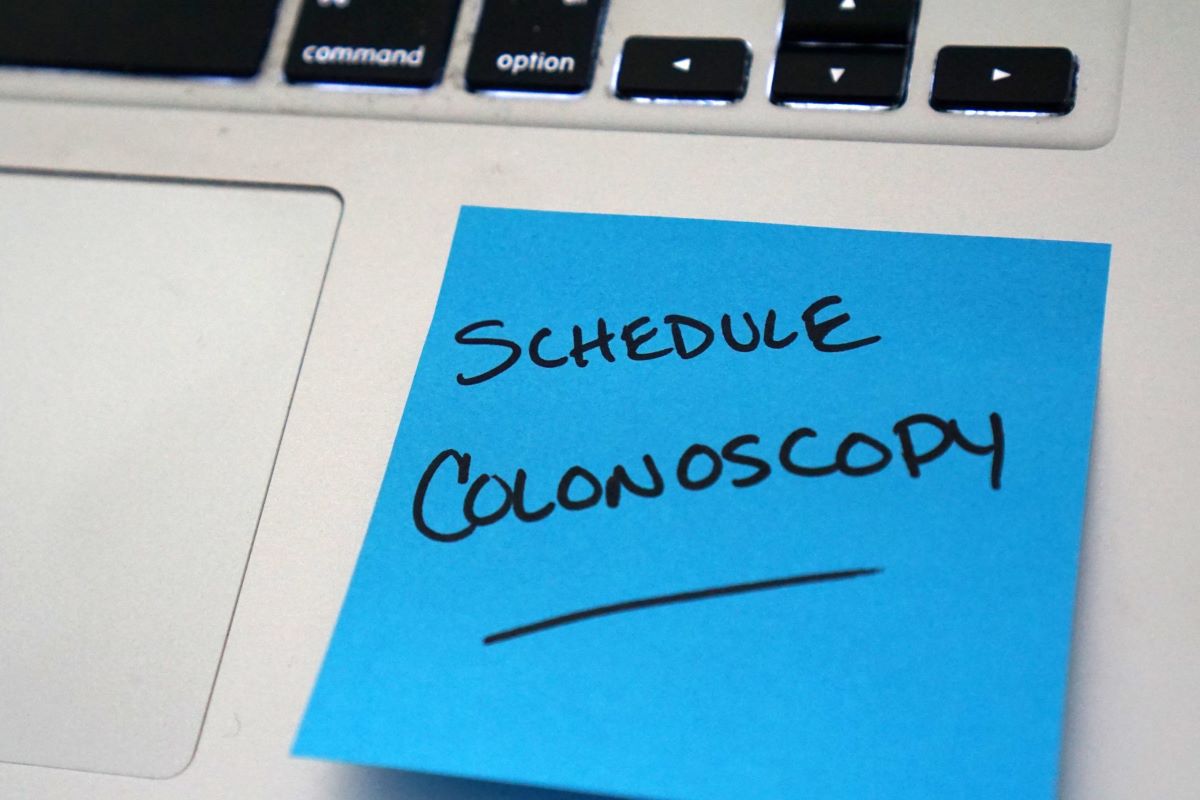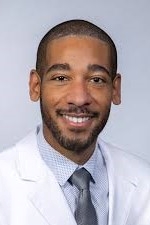
Colorectal cancer is an incredibly important topic because it has likely affected someone you know — a friend, a family member, or maybe even yourself. It's the third most common cancer in both men and women in the United States, but it's also one of the most preventable. With regular screening and the removal of growths in the colon called polyps, the risk of developing colorectal cancer can be reduced by up to 90%.
The unique preventability of colorectal cancer
What makes colorectal cancer different from other common cancers, like breast or prostate cancer, is that we can actually prevent it before it even becomes cancer. Screenings like PSA tests or mammograms help us detect prostate and breast cancers after they’ve already developed. But with colorectal cancer, the abnormal growths in the colon, called polyps, start as non-cancerous and can be removed before they ever turn into cancer. That’s why getting screened is so important.
Colonoscopy is the gold standard for colorectal cancer screening. It allows us not only to detect early cancer but to prevent it entirely by removing any polyps we find. Often, we catch these polyps so early that removing them during the colonoscopy prevents cancer from developing at all.
How does colorectal cancer start?
Colorectal cancer usually starts in a benign growth — a polyp — that arises from the innermost layer of the colon called the mucosa. If these polyps are left alone, they can gradually develop into cancer as they invade deeper layers of the colon. The most common type of polyp that turns into cancer is called an adenoma. These adenomas go through various stages of abnormal growth, from low-grade dysplasia to high-grade dysplasia, eventually becoming adenocarcinomas — the type of cancer we want to avoid. By catching these polyps early, we can remove them and stop them from progressing into cancer.
Polyps can come in different shapes and sizes. Some polyps are small and easy to miss, which is why the preparation for a colonoscopy is so important — it helps us get a clear view of the colon and find even the tiniest polyps.
The power of colonoscopy
Again, you can prevent — not just detect — colorectal cancer with a screening colonoscopy, and it is the only screening test that allows both identification and removal of polyps in one step. There are other non-invasive “two-step” options, like the Cologuard test or a FIT test. These sound great because they don’t require any prep or anesthesia; you don't even have to leave the comfort of your home. However, these tests require a follow-up colonoscopy if something abnormal is detected.
Colonoscopy can prevent up to 90% of colorectal cancers.
Understanding who's at risk for colorectal cancer
Risk in men is about one in 23; risk in women is about one in 25. We're seeing more cancers in people at younger ages, and we're not exactly sure why it is that we're seeing these trends. Studies have shown that people born since the 1990s have twice the risk of colorectal cancer or colon polyps and four times the risk of rectal cancer than those born around 1950.
Some factors that further increase the risk of colorectal cancer:
- Family history of colorectal cancer or adenomas
- Smoking
- Obesity
- Gallbladder removal
- Lack of physical activity
- Abdominal radiation
- Cancer of the uterus or ovaries before 50
- Ulcerative colitis or Crohn’s disease
- African American race
Recently, screening guidelines have changed. We now recommend that everyone, regardless of race, begin screening at age 45. If you have a family history of colorectal cancer, you may need to start screening even earlier.
Even if you’ve previously had polyps removed, follow-up screenings are crucial. People who develop polyps are likely to form more over time. Depending on the number and type of polyps found, we may recommend a colonoscopy at shorter intervals, than the standard 10-year interval.
Symptoms of colorectal cancer
Unfortunately, early-stage colorectal cancer often doesn’t cause symptoms. That’s why screening is so important — we want to catch polyps or early cancer before symptoms develop. However, if symptoms do appear, they may include:
- Blood in the stool
- Anemia (low iron levels)
- Changes in bowel habits, such as new constipation or thinner stools
- Rectal pain
- Abdominal pain or unexplained weight loss
If you experience any of these symptoms, it’s essential to see your doctor, even if you’ve had a recent colonoscopy.
No excuses: Get screened
Screening means getting checked even when you have no symptoms.
I often hear excuses from patients about why they haven’t been screened. “I feel fine,” they say. But that’s the point of screening — to catch things before they cause problems. Or, “No one in my family had colorectal cancer.” You could be the first. Screening is about prevention, and it’s essential even if you feel perfectly healthy.
If you’re over 45, talk to your doctor about getting screened. It’s a simple step that could save your life. If you’ve had polyps removed in the past, follow your doctor’s recommendation for future screenings to ensure we catch any new polyps early.
Remember, colorectal cancer is preventable — but only if you take the first step and get screened.
Learn more about colorectal cancer care at Northside Hospital Cancer Institute.

